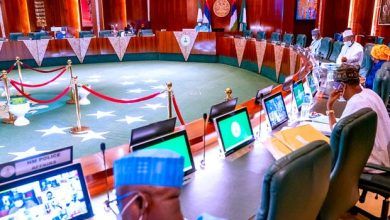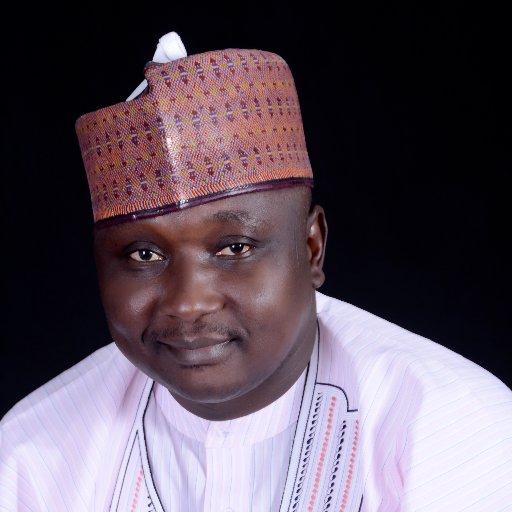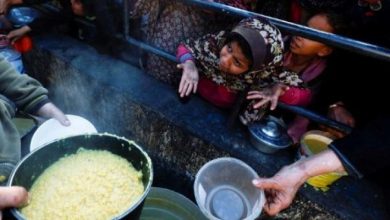South Africans Vote in Most Competitive Election since End of Apartheid

South Africans began voting on Wednesday in the most competitive election since the end of apartheid, with opinion polls suggesting the African National Congress (ANC) will lose its parliamentary majority after 30 years in government.
Polling stations opened around 7 a.m. (0500 GMT), with voters queuing at some locations including Hitekani Primary School in the vast township of Soweto near Johannesburg, where President Cyril Ramaphosa was expected to vote later.
Security guard Shivambu Yuza Patric, 48, came straight to the polling station after working a night shift. He said he had not voted in the previous election because he had lost faith in the ANC, but he was hopeful this election would bring change.
“They do nothing for the people,” he said of the ANC. He said he would decide at the last minute who to vote for but was leaning towards the small opposition party ActionSA.
Then led by Nelson Mandela, the ANC swept to power in South Africa’s first multi-racial election in 1994 and has won a majority in national elections held every five years since then, though its share of the vote has gradually declined.
If it falls short of 50% this time, the ANC will have to make a deal with one or more smaller parties to govern – uncharted and potentially choppy waters for a young democracy that has so far been utterly dominated by a single party.
“There’s a lot of uncertainty with what’s going to happen. Are we going to have a coalition?” asked student and first-time-voter Amena Luke, 19, as she waited to cast her ballot at Berario Recreation Centre in Johannesburg.
The ANC is still on course to win the largest share of the vote, meaning that its leader Ramaphosa is likely to remain president, unless he faces an internal challenge if the party’s performance is worse than expected.
Voter dissatisfaction over high rates of unemployment and crime, frequent power blackouts and corruption in party ranks lies behind the ANC’s gradual fall from grace.





